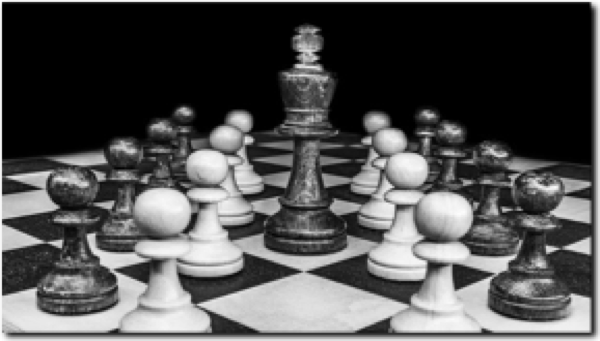Sometimes we wonder where God is. It feels as if God is absent or hiding. This happens both when we are distressed and when we are content. We feel bereft of a Presence we once knew. So, we may want to bargain with God. We ask God to “play our game” with us. We want God to show up, to find us a parking spot along a busy street, to take away every wound in our hearts. And sometimes, just sometimes, we experience God in those ways exactly when we need reassurance. But more often, we don’t. We either wonder where God is or we forget about God altogether because we have to tend our own problems if we feel no Divine support. During these Divine “absences” we wonder about God’s goodwill. We require sensed Presence as the only sign of God’s benevolence. However, that reasoning is flawed because it takes our experience of God as its starting place.
The psalmist begins in another place altogether. In Psalm 139, the singer begins with, “O Lord, you have searched me and known me.” God is in the fixed position, “home base.” It is the singer who moves away from God.
“You know when I sit down and when I rise up; you discern my thoughts from far away. You search out my path and my lying down, and are acquainted with all my ways. Even before a word is on my tongue, O Lord, you know it completely. You hem me in, behind and before, and lay your hand upon me. Such knowledge is too wonderful for me; it is so high that I cannot attain it.” (Ps. 139:2-6)
God is on the path of the Psalmist, knowing every move, every word, every thought. So, it is not God who is hiding, but the Psalmist who “flees from [God’s] presence” (v. 7), and “settles at the farthest limits of the sea” (v. 9). It is not God but the Psalmist who tries to hide in the dark even though there is no darkness in God (vv. 11-12). At last, the psalmist gives in to God, recognizing that God has even “formed my inward parts” (v. 13). So the psalmist understands that God has always been “there” even when the Presence is not felt and even when one is on the run from that inexorable Presence.
R. S. Thomas, the Welsh poet and pastor, imagines this experience as a game of chess. He begins by inviting God to play, “Your move I would have / said, but he was not / playing.” He goes on to explain that his “game” is a bit loose on rules, “my game a dilemma / that was without horns.” Then the narrator is ashamed of himself for thinking that God would actually play his game because God’s “mind shines / on the black and the white / squares.” The poem concludes by admitting that the game is focused only on the capture of the Great Prize, “the one / queen, as though to hold life / to ransom.” While God, “if he plays, plays / unconcernedly among the pawns.” [“Play” by R. S. Thomas, from Collected Poems: 1945-1990, (Phoenix Books, 1993)]
We want God to play by our rules or even just by some set of rules that make sense to us. But God does not play or does not play that way. If God plays, says Thomas, God is playing like a child “unconcernedly among the pawns” and certainly not according to some rule that we have devised. Thomas captures here the reality that God does not come at our bidding or play by our rules. Do we need solace? God does not give it like magic. Do we need a parking space? God does not provide one instantly. So, what does God do for us? for others? for all of Creation?
God is always at work in the world, we need eyes perceptive enough and spirit deep enough to see it. And it is our daily practice of waiting on God that allows us that depth of vision. It is not assurance of God that brings us that depth, but the willingness to be plumbed to our depths for and by the presence of God as the psalmist was. What is deepest in you? The unfathomable Presence. So, sit awhile in silence. Wait on God who is shining on all the squares of your game, who eschews that big goal of the “capture of the one queen” but who is playing “unconcernedly among the pawns” of your life and the lives of those around you. We find God best in the ordinary experiences of life, not in the magic of a summer day without rain or the sudden appearance of that elusive parking spot, but in washing the dishes, finishing the report we worked so hard to craft, in serving others well, or in simply doing what we are given to do and being the person God has crafted to do that work.
It is our presence that God wants, not our plans, our games, or our fixes for the world. God’s play among the pawns is more effective than our bid for the queen. The important move in the game of life is not that we are discovering or defining God, but that we are being found already in God’s gaze. We cannot “flee from God’s presence.” Our lives are fuller for recognizing that the elusive nature of God is not absence but only a more mysterious form of Presence.
Naomi R. Wenger, 2019

